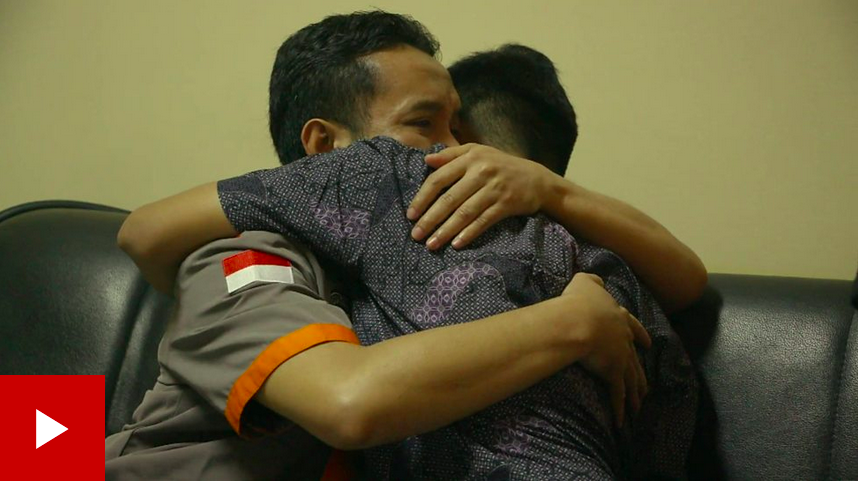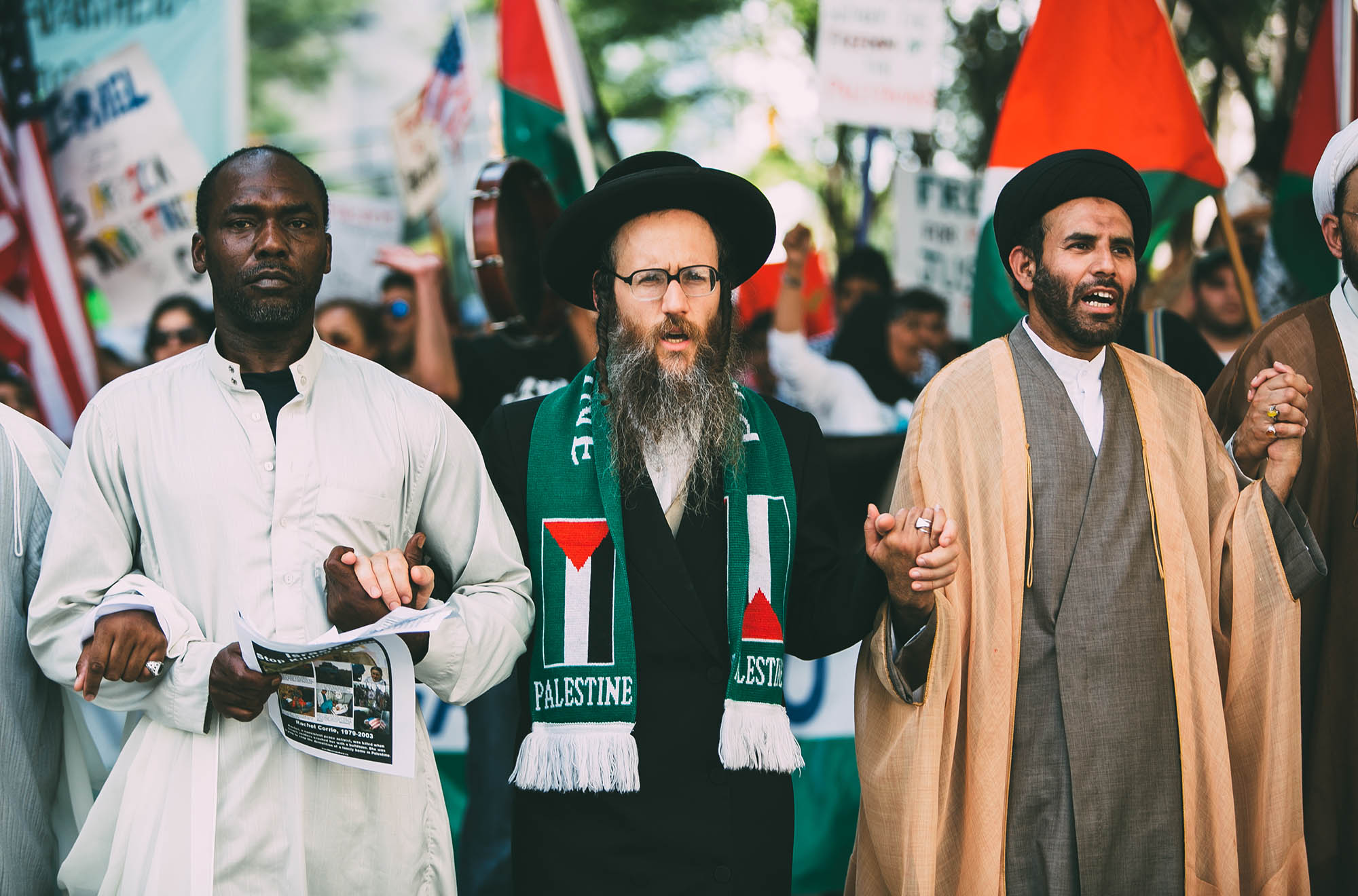Many people view militant Islamists as irredeemably evil monsters. They look at the victims of their violence and dehumanize its perpetrators. The truth is, they are victims too. The Western colonial powers forcibly secularized their countries, making them prone to the anger and resentment that fuel most Islamism. Beyond that, they are victims of a false narrative that glorifies death.
In their supposedly just cause, groups like al-Qaeda glorify killing their victims, as if it represents the eradication of a plague. They also glorify the death of their members, as if it can buy them a ticket to paradise.
Ali Imron was once a member of Jemaah Islamiyah, an extremist Indonesian group with links to al-Qaeda. He was one of the men who carried out the 2002 Bali bombings. Two of his brothers who played more central roles than he did were executed for their part in the attacks. They all saw jihad primarily in terms of a militant response to Western secularism and other ideologies opposed to Islam.
Along with over 200 others, Garil Arnandha’s dad was killed in those bombings. When it was pulled from the wreckage of his burning taxi, his dad’s body was barely recognizable. Nevertheless, his young son was called on to identify it. He was just 10 years old at the time.
In this deeply moving video clip, Garil Arnandha and his mom meet Ali Imron in the prison where he’s now serving a life sentence. Watch as Ali Imron wrestles with the grief and pain his crime has inflicted on others and watch his two victims model forgiveness at its very best.
Their meeting was part of the Indonesian government’s efforts at deradicalizing a generation of militants. It offers clear proof that Islamists, too, are human. No one is beyond redemption.
Meeting the bomber who killed my father (BBC image)




